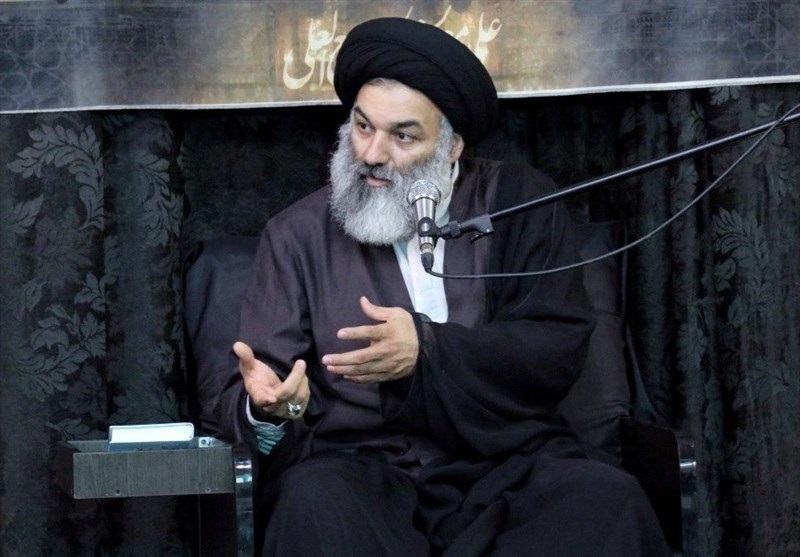Faith Without Social Responsibility Is Incomplete, Scholar Says

Speaking to IQNA, Hojat-ol-Islam Emadi said a responsible society cannot emerge overnight. “Building a culture of responsibility takes time and structured planning,” he noted.
“Every individual has a share of responsibility, and the leaders of the Islamic community carry special duties as well.”
He explained that social growth is a gradual process that requires collective effort and moral vision. “The ultimate goal of all human societies is reform, the establishment of justice, and the eradication of oppression,” Emadi said.
Turning to historical models, the scholar described Prophet Muhammad (PBUH) as “the perfect human example,” as introduced in the Quran.
“If instead of focusing on names and beliefs, we look at human behavior, we will see that all the qualities of perfect conduct are embodied in the Prophet (PBUH) and the Ahl al-Bayt (AS),” he said. “Their lives—marked by challenges such as war, economic hardship, and family issues—make them the most relatable models for us today.”
Read More:
Emadi emphasized that faith in Islam is both personal and social. “The Prophet said: ‘A believer is the mirror of another believer,’ meaning that faith is not an individual matter but one that reflects and grows within the community,” he explained.
Acts such as kindness and generosity, he added, can multiply across a believing society just like reflections between mirrors.
Commenting on the Quranic stance toward poverty and injustice, Emadi said the holy text repeatedly urges believers to support the needy. “Verses on zakat, charity, and khums all stress attention to the rights of the poor and deprived,” he said.
Read More:
“In every form of wealth, a share is designated for those in need—and this includes non-Muslims as well,” he said.
4308543



